
Miguel Poveda’s freedom praise at the Los Angeles Flamenco Festival
The award-winning singer, with an incomparable voice in the flamenco universe, gave the audience a session of malagueños, alegrías, seguirillas and soleás
Usually, the Flamenco musical style is associated with the famous tablaos in Andalusia or Madrid, where tourists and locals enjoy the songs, claps and exquisite rhythms of the Spanish guitar. But thanks to last week's Flamenco Festival of Los Angeles, the California public enjoyed songs and guitar playing of the highest level.
Among the artists who performed at the Wilshire Ebell in Los Angeles, Spanish singer Miguel Poveda stood out, captivating the audience from the first chords. The award-winning singer, with an incomparable voice in the flamenco universe, gave the audience a session of malagueños, alegrías, seguirillas and soleás with his usual spontaneity and scenic passion.
At the festival, where stars like Tomatito, Vicente Amigo, Carmen Linares, Diego el Cigala and Marina Heredia have performed, Poveda wanted to bring songs of freedom after the dark times lived of the coronavirus.
“I wanted to do the opposite of what was done in the pandemic, where a certain sector of politics dedicated itself to polarizing. I have tried to build bridges and sing to freedom,” he told EFE.
Poveda closed a three-week tour of the U.S. in Los Angeles, where he performed his new album Diverso in cities such as New York and Miami. During his performance at the festival, he went beyond his flamenco records, and included boleros and Cuban music in front of the thousand attendees, who applauded him at the Wilshire Ebell.
{"preview_thumbnail":"/sites/default/files/styles/video_embed_wysiwyg_preview/public/video_thumbnails/sLiycFhEYfc.jpg?itok=BwVzjGq-","video_url":"https://www.youtube.com/watch?v=sLiycFhEYfc","settings":{"responsive":1,"width":"854","height":"480","autoplay":1},"settings_summary":["Embedded Video (Adaptable, autoplaying)."]}
“In the history of flamenco there is a lot to share and mix. Latin American folk music and its roots have a lot to do with the songs of the Andalusian peasants,” explained the Catalan singer. The audience stayed connected during the performance, and cheered the singer during the silent moments of his powerful direct.
RELATED CONTENT
Accompanied by guitarist Jesús Guerrero, percussionist Paquito González, pianist Joan Amargós, dancer Antonio Molina and chorister Miguel Soto, his concert was marked by cries of freedom. He quoted his favorite author, Federico García Lorca.
"I want to share culture because that is true freedom, I want to be like Federico in New York," he said, recalling the walks of the poet from Granada through Harlem.
With the song "Padre," he wanted to make those present aware of the importance of fighting against climate change. Then came “Un gran hombre,” composed by the Panamanian Omar Alfano, where he recounts the rejection suffered by a transgender woman. Poveda used the moment to claim sexual freedom without restrictions.
The festival featured other notable performances, such as saxophonist Antonio Lizana. Considered one of the most acclaimed figures of the new flamenco-jazz genre, in recent years, he took his sounds to more than 30 countries with his band, in addition to recording a live show for NPR's Tiny Desk series.
Lizana and his musicians practiced a frenetic mixture of jazz, flamenco and blues, accompanied by surprising moments in which he left his sax to demonstrate his power as a singer. The climax came when he invited his “bailaor” Manuel Gutiérrez on stage, which put an end to a memorable Californian flamenco night.



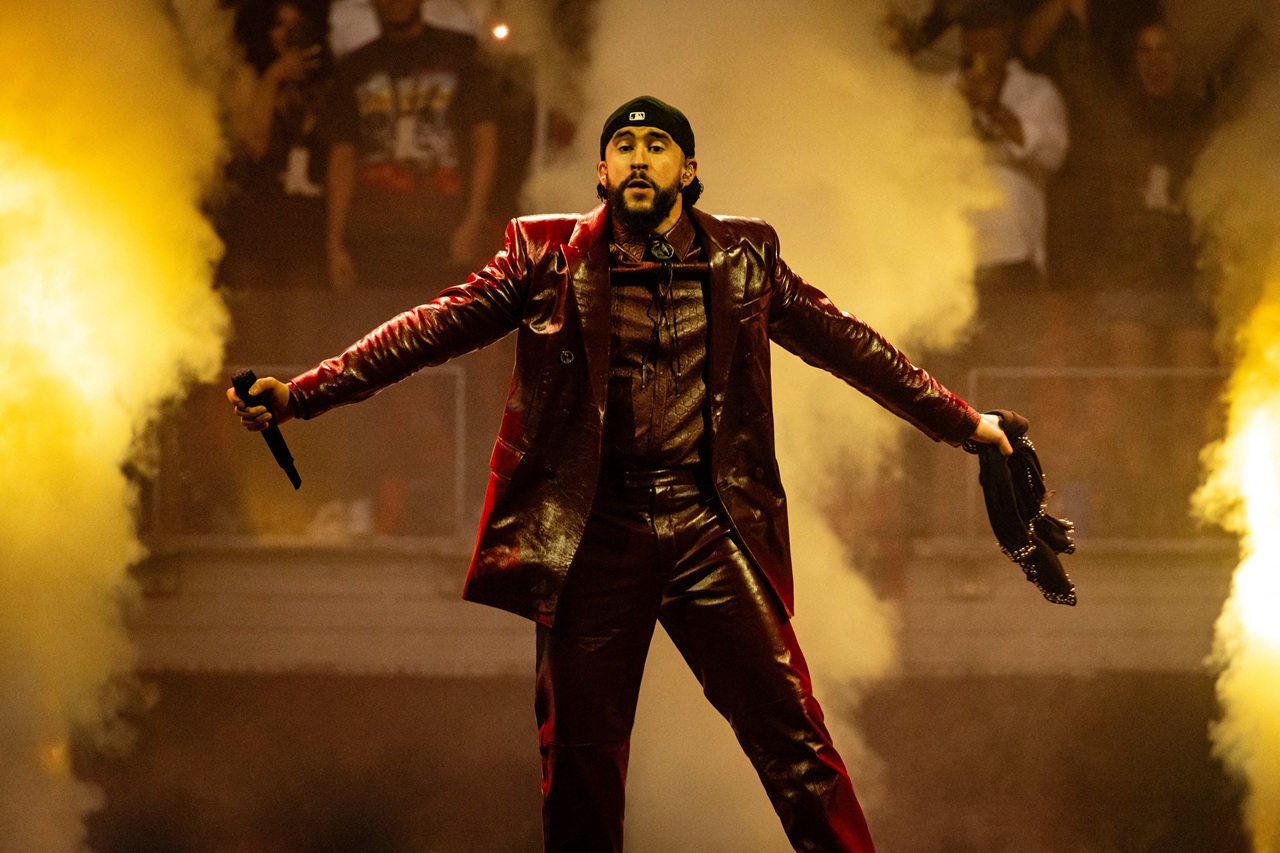
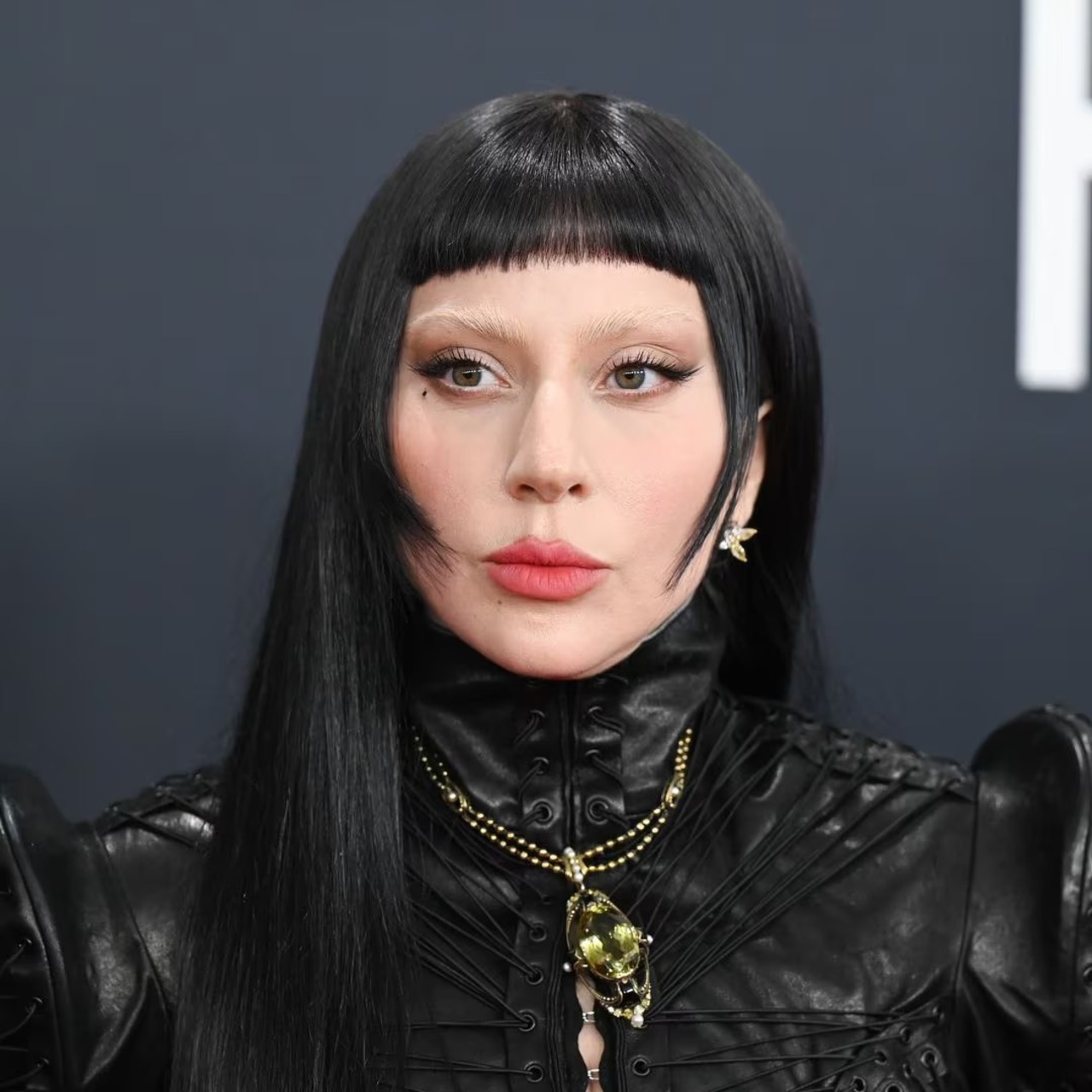
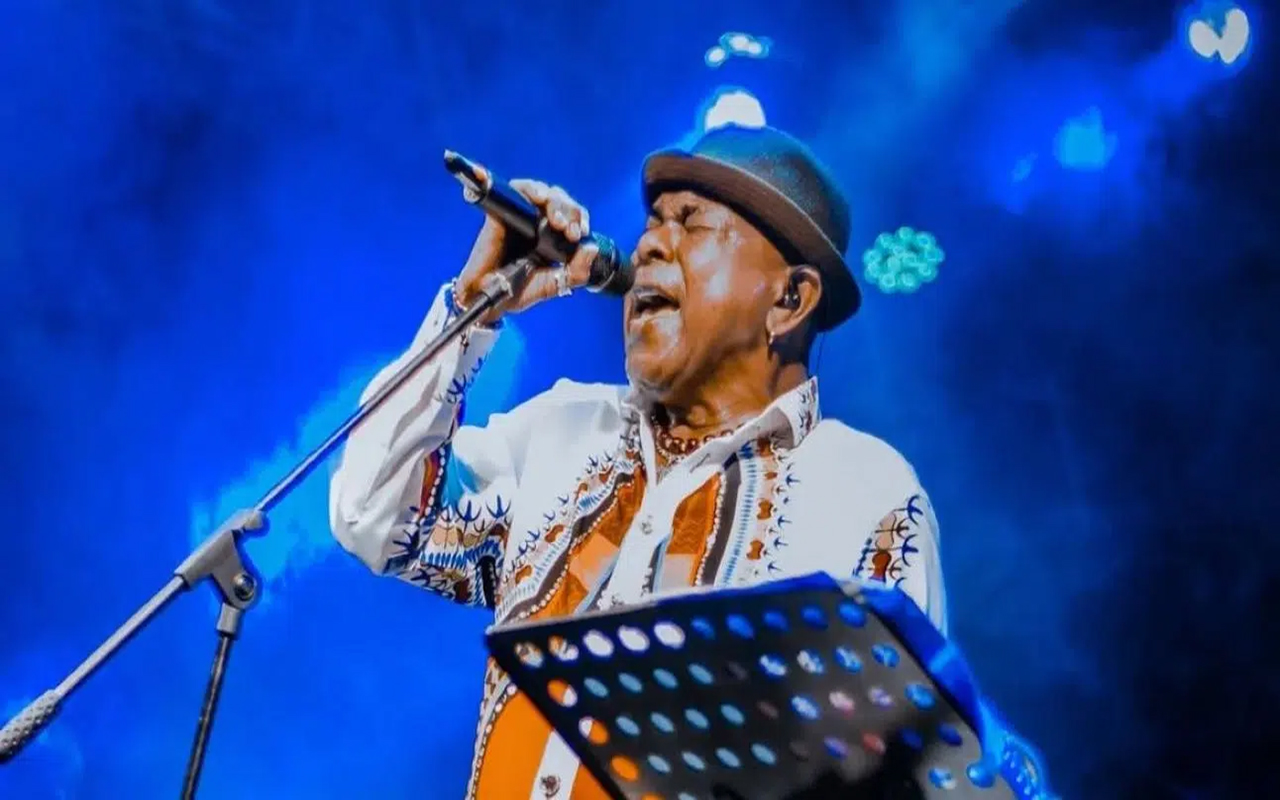
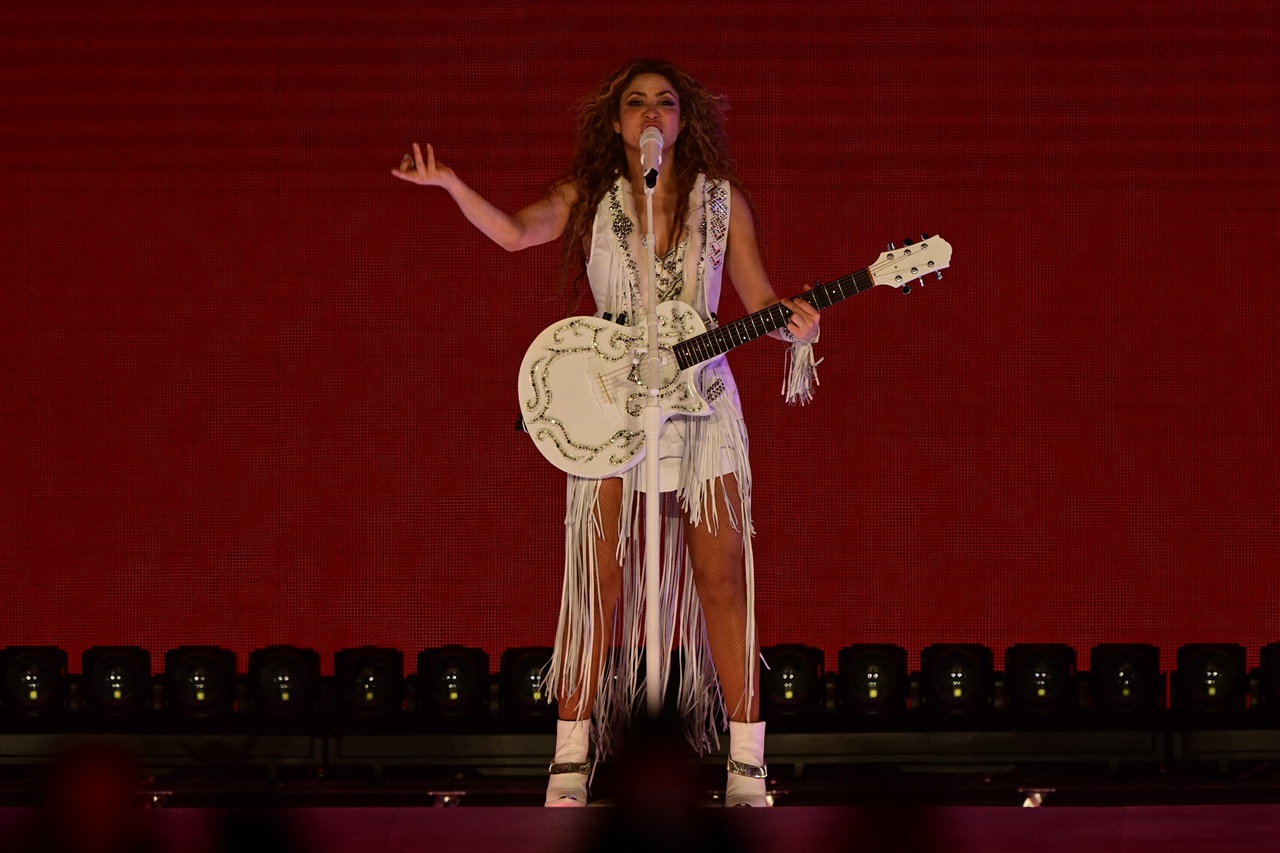
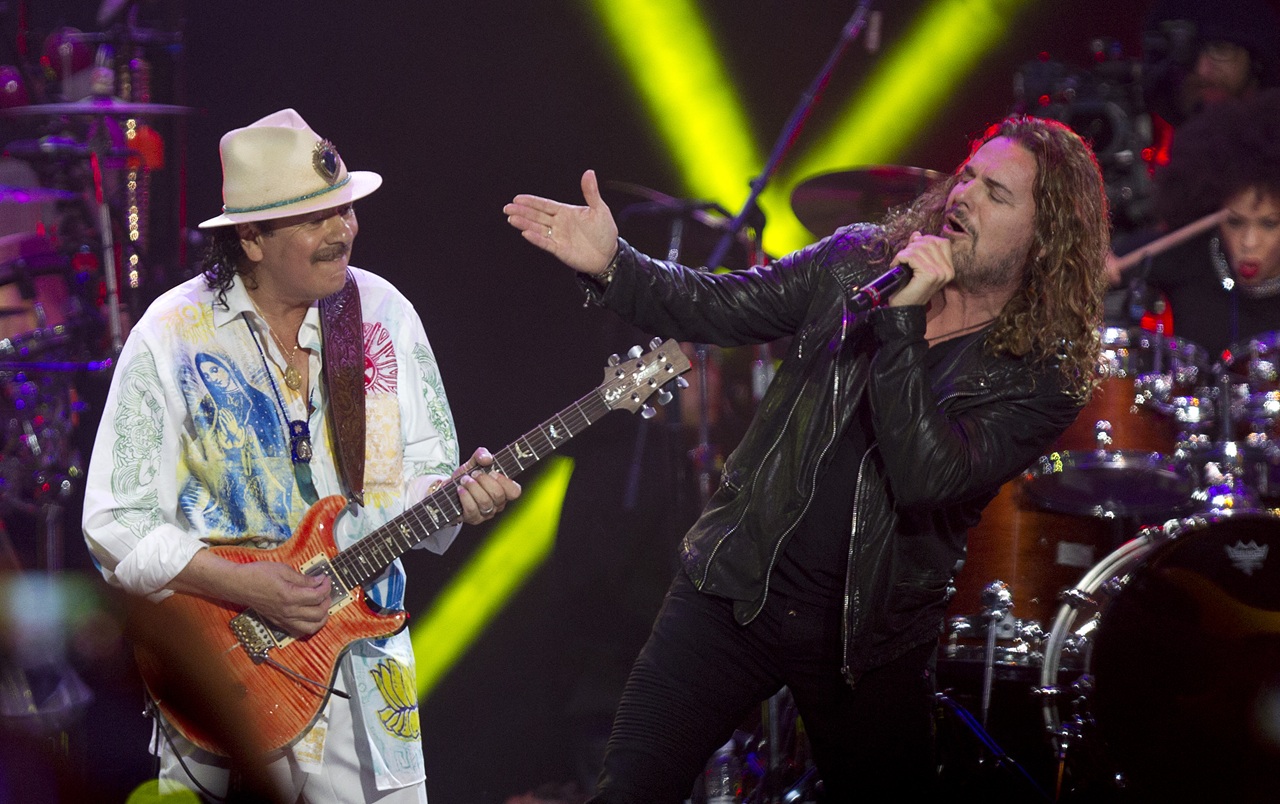

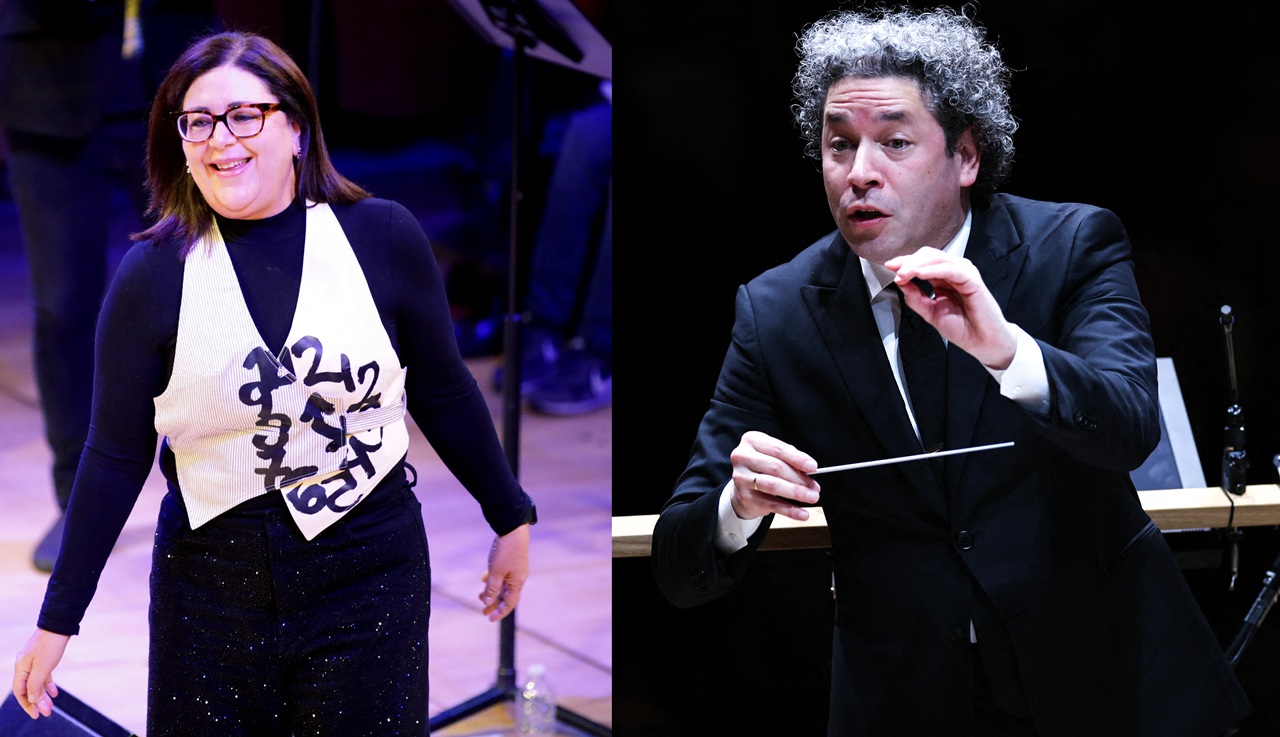

LEAVE A COMMENT: